Dead Cells Developer Motion Twin Is An Equal Pay, Equal Say Studio
/Dead Cells is out today, and the reception has been positive across the board, scoring an 89 on review aggregator OpenCritic. That earned it the site’s highest certification, Mighty. The studio behind it, the France-based developer Motion Twin, revealed that everyone on staff receives the same salary, regardless of position.
When I did some initial research on the developer, I discovered that their official description referred to themselves as an “anarcho-syndical workers co-operative.” At first blush, that reads like typical punk rock marketing, in which a studio styles itself as developers with attitude. But in an interview with Kotaku’s Nathan Grayson, the studio talked about their rejection of “old world corporate structures.”
“It’s an experiment and an experience,” reads their official Steam page, and its a direct response to an industry infamous for undervaluing workers and big studios with soul-crushing work schedules and post-release layoffs. That is to say, all eleven workers at Motion Twin own and manage the company. There is no boss, and everyone receives the same pay and equal say.
"We actually just use a super basic formula: if a project finds success, people are basically paid more in bonuses, and everyone is paid the absolute same way,” game designer Sébastien Bénard told Grayson via e-mail. “The devs and the artists are paid the same amount of money, and people like me who have been here for 17 years are paid the same amount as people who were recruited last year.”
The philosophy behind this system is the collective belief that it’s "almost impossible" to claim one person's contribution has more of an impact on a game's performance than anyone else's. It seems to work as Motion Twin has been in business for nearly two decades. Bénard would not disclose exact figures, but said salaries are “roughly the same as in other game companies” before bonuses.
Decision-making is a team-based process, made possible by the studio’s small size. Most decisions are made without much argument, but bigger decisions require full team meetings and in the absence of a consensus, the studio takes the decision to a vote. Bénard said team members have “to accept that […] decisions were made by people who understood your point of view, but decided to scrap it anyway.”
Crunch can still happen at Motion Twin, but Bénard said that everybody tries to avoid it. The studio relies on a strict time-tracking system so that if developers work late one day, they can leave early on another. “Years of experience told us it’s much more important to have people working together, at the same time, in the same place, than people working at home, or late at night alone in the office.”
Bénard also says that the studio has gotten good about just telling people on the verge of burnout to go home. The company puts an emphasis on employees being happy and driven, and burnout risks stripping away both those crucial qualities forever. “It’s obviously better to lose a few work hours than a colleague,” said Bénard. “There’s absolutely no discussion about that.”
Bénard hopes, that Motion Twin’s work ethos becomes the norm, rather than an exception, in the coming years. “We will probably ‘joke’ about game industry work conditions in a few years,” he said, “because it’s just obviously ridiculous and inefficient. People are simply not disposable resources.”
It’s difficult to say that Motion Twin’s structure has impacted the reception and sales of their games, but the results don’t lie in the case of Dead Cells. In addition to positive reviews everywhere, the game sold over 700,000 units on PC over the course of its Early Access period. It remains to be seen how many units they’ll move now that they’ve released on PlayStation 4, Xbox One and Nintendo Switch.

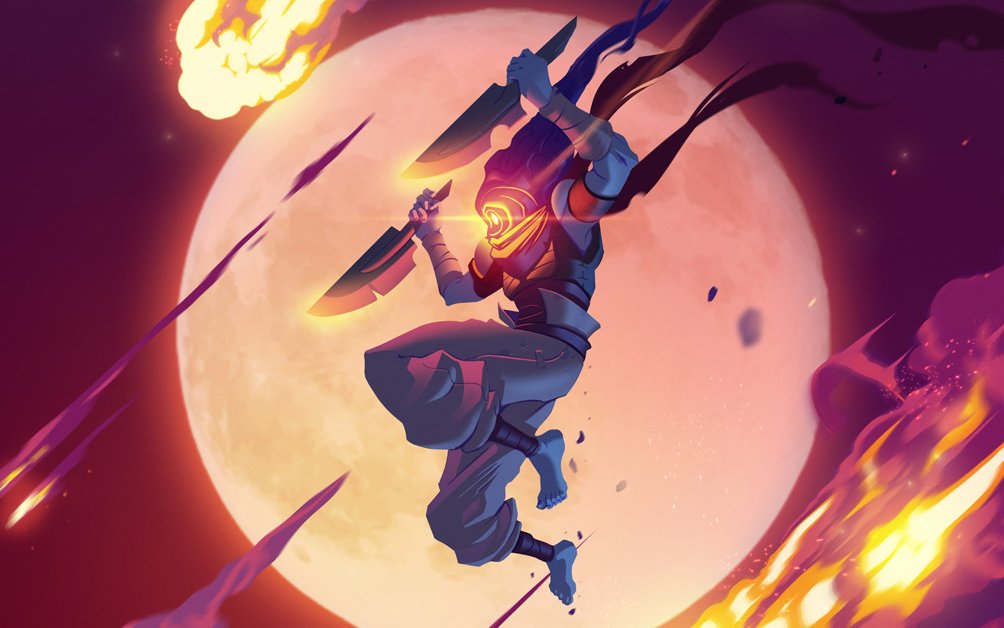

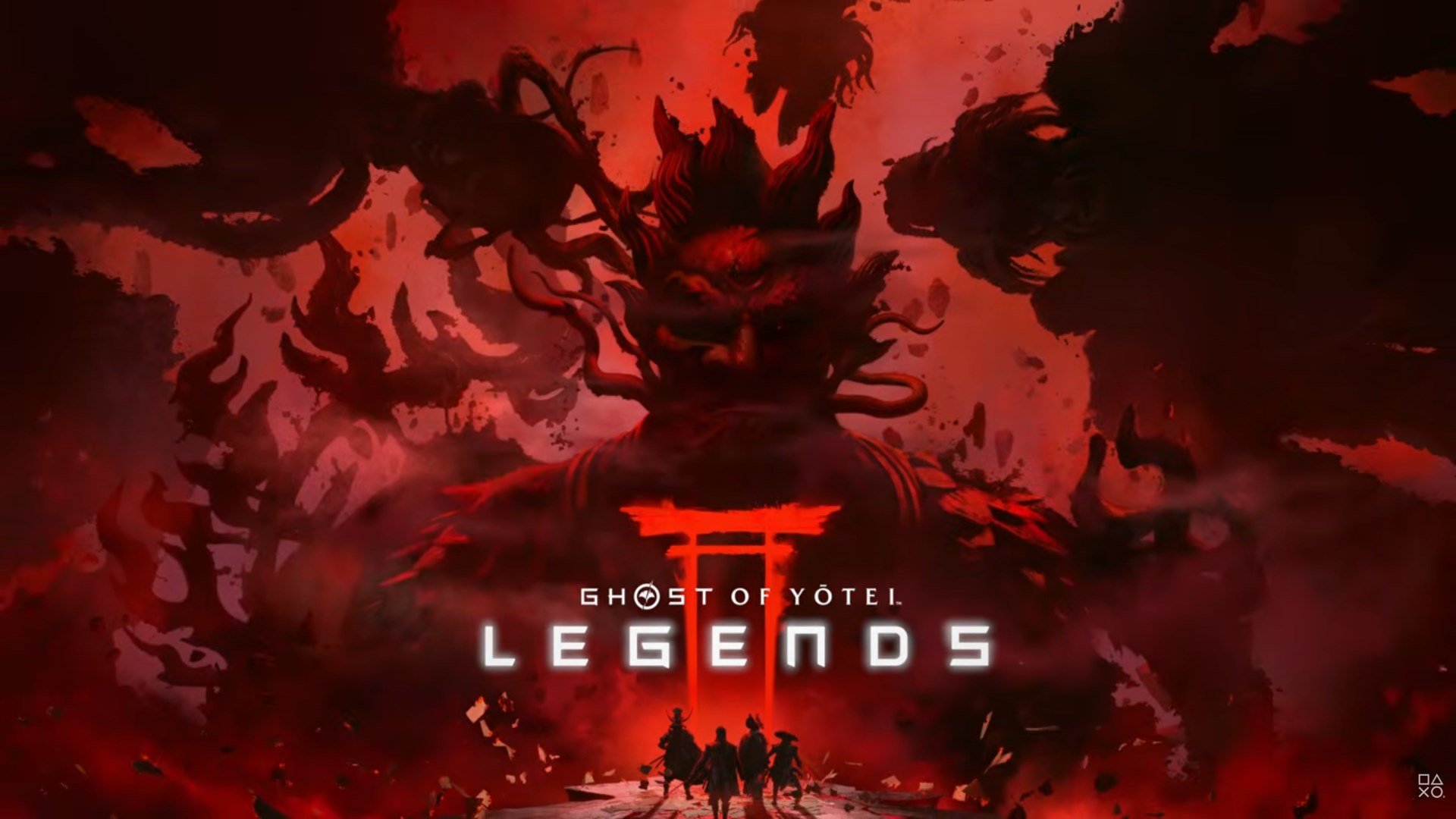
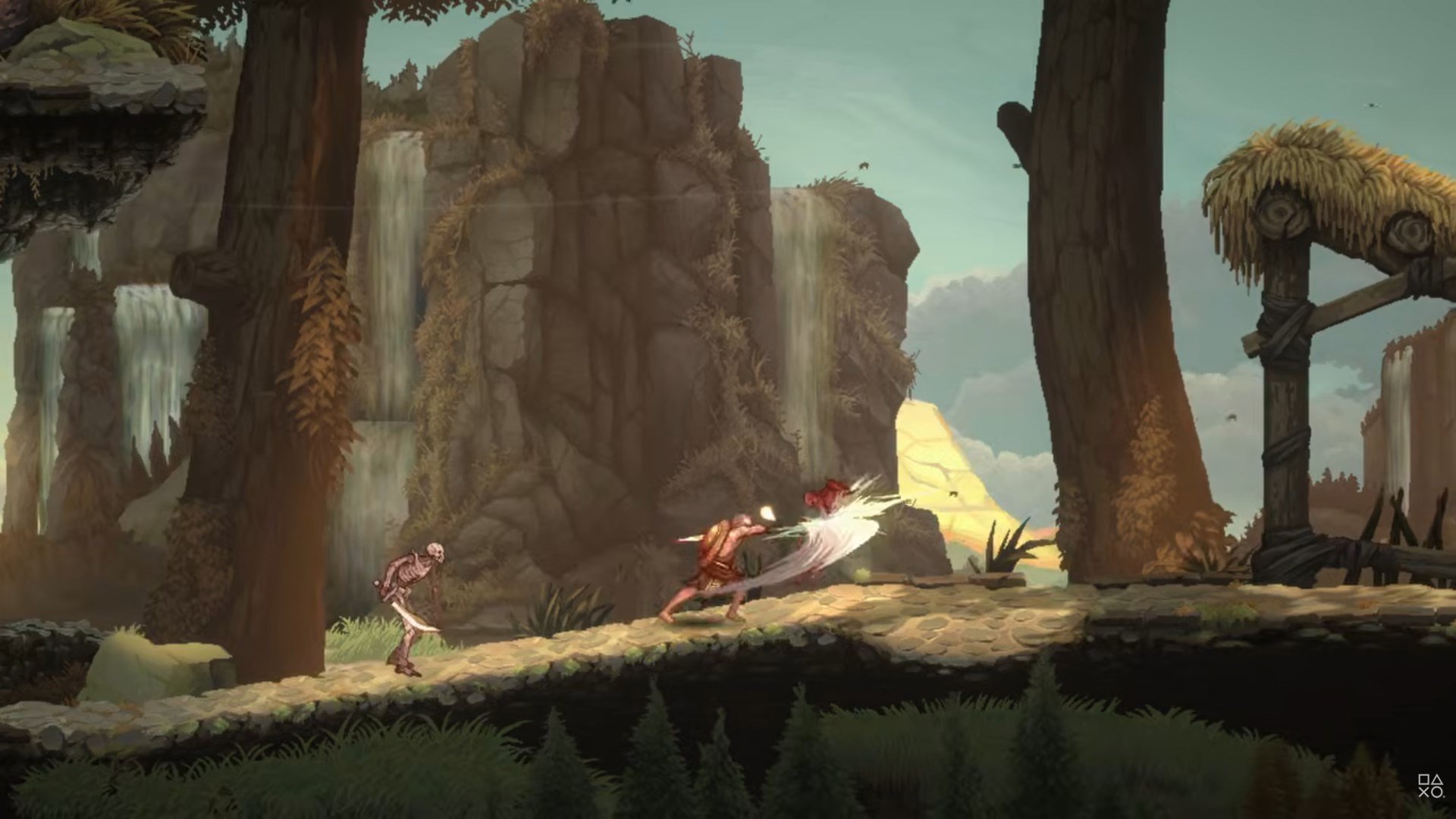
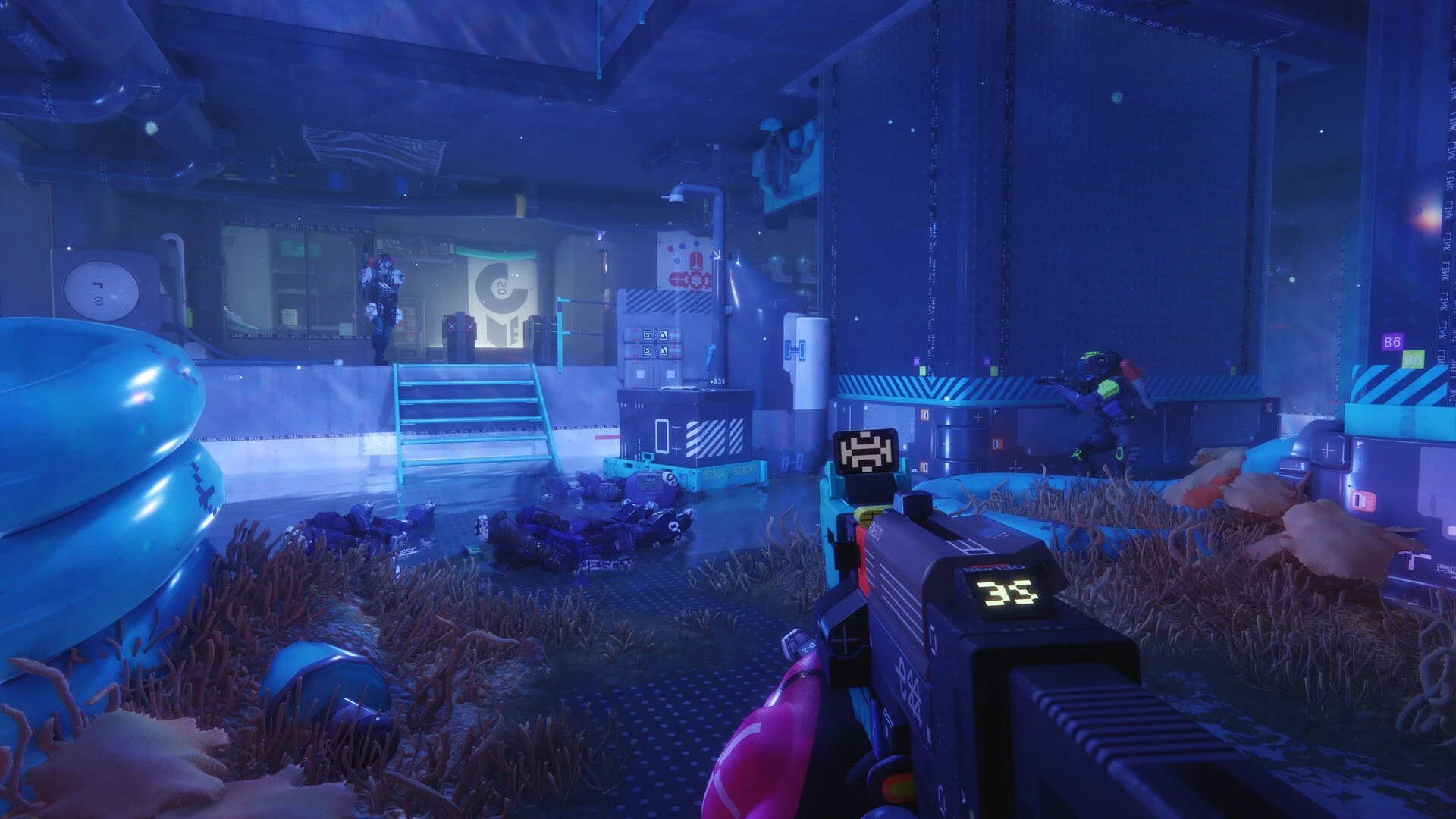
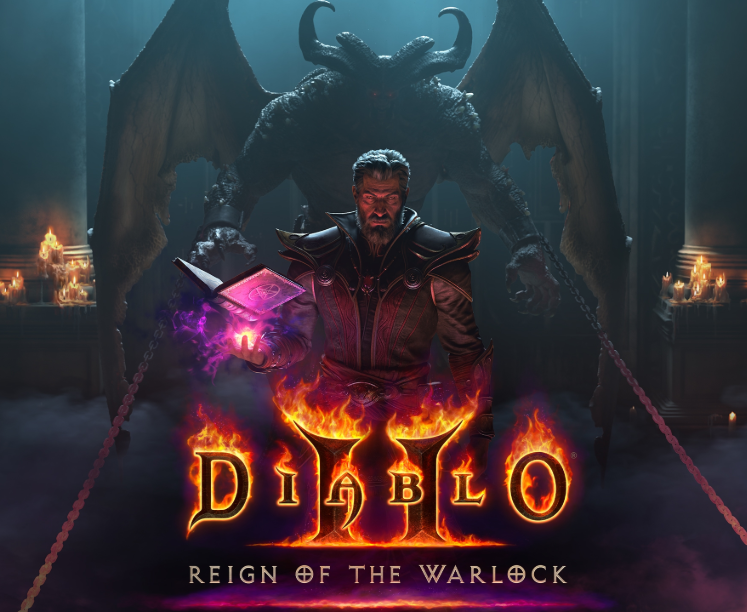
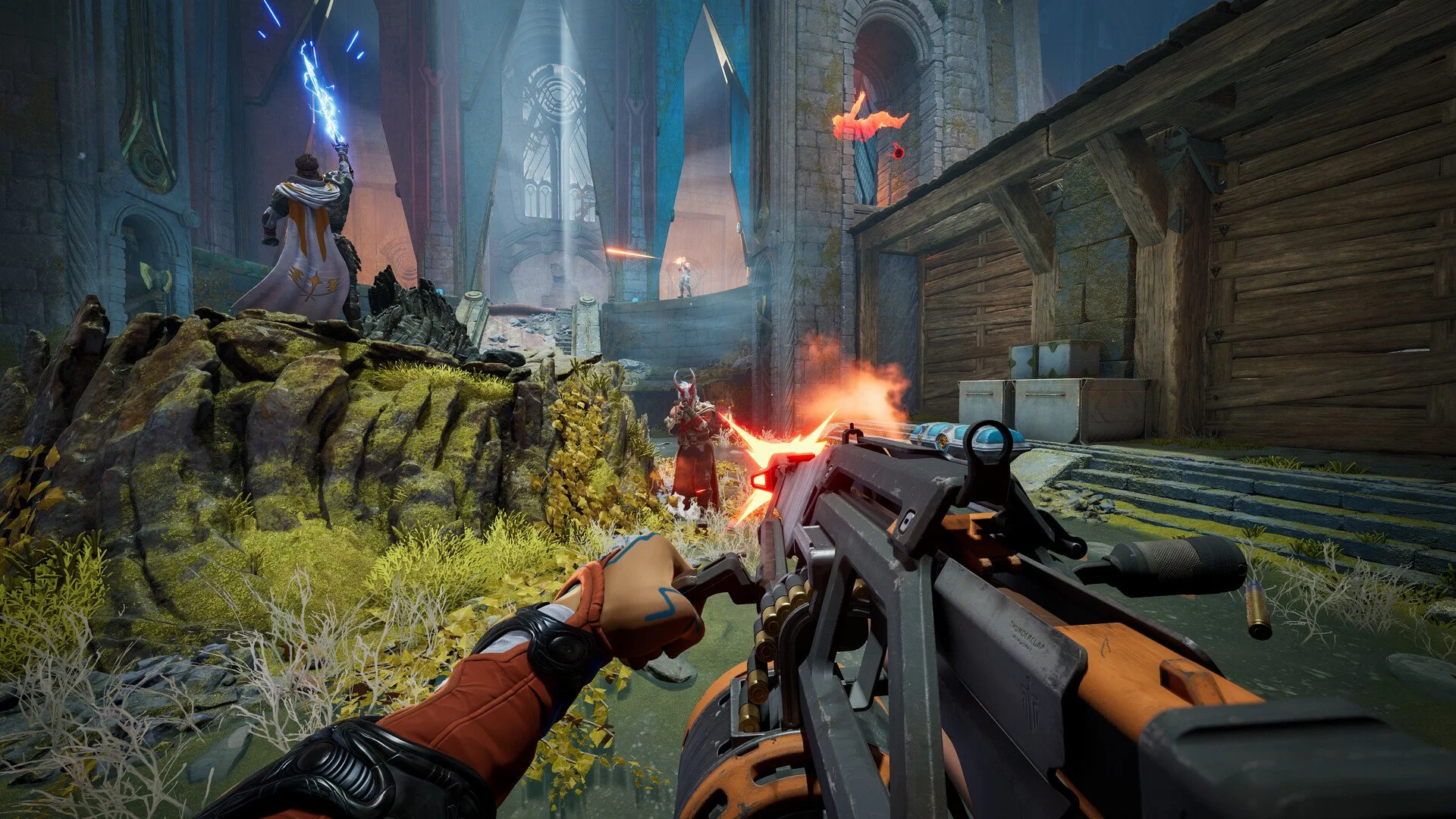
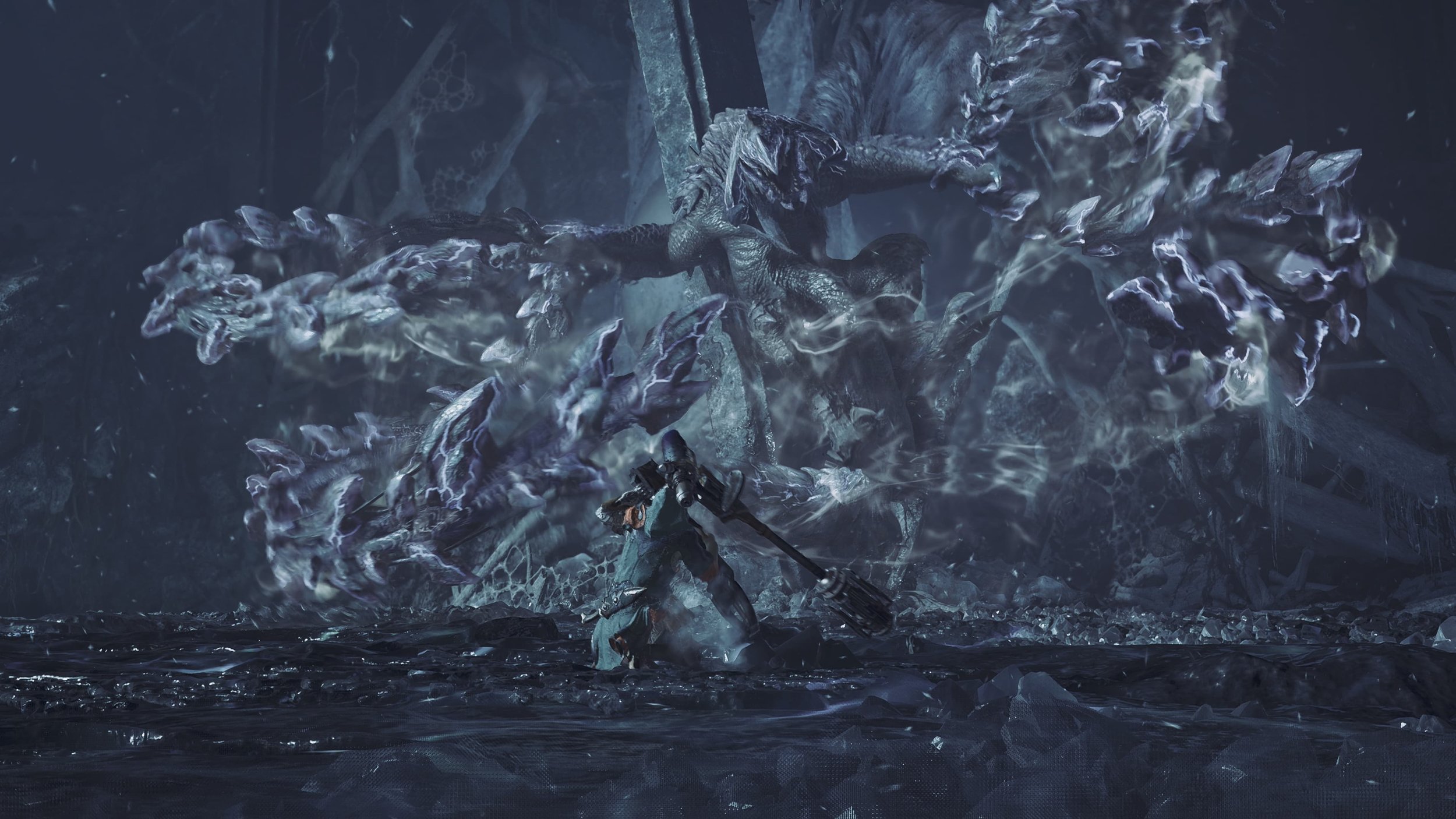

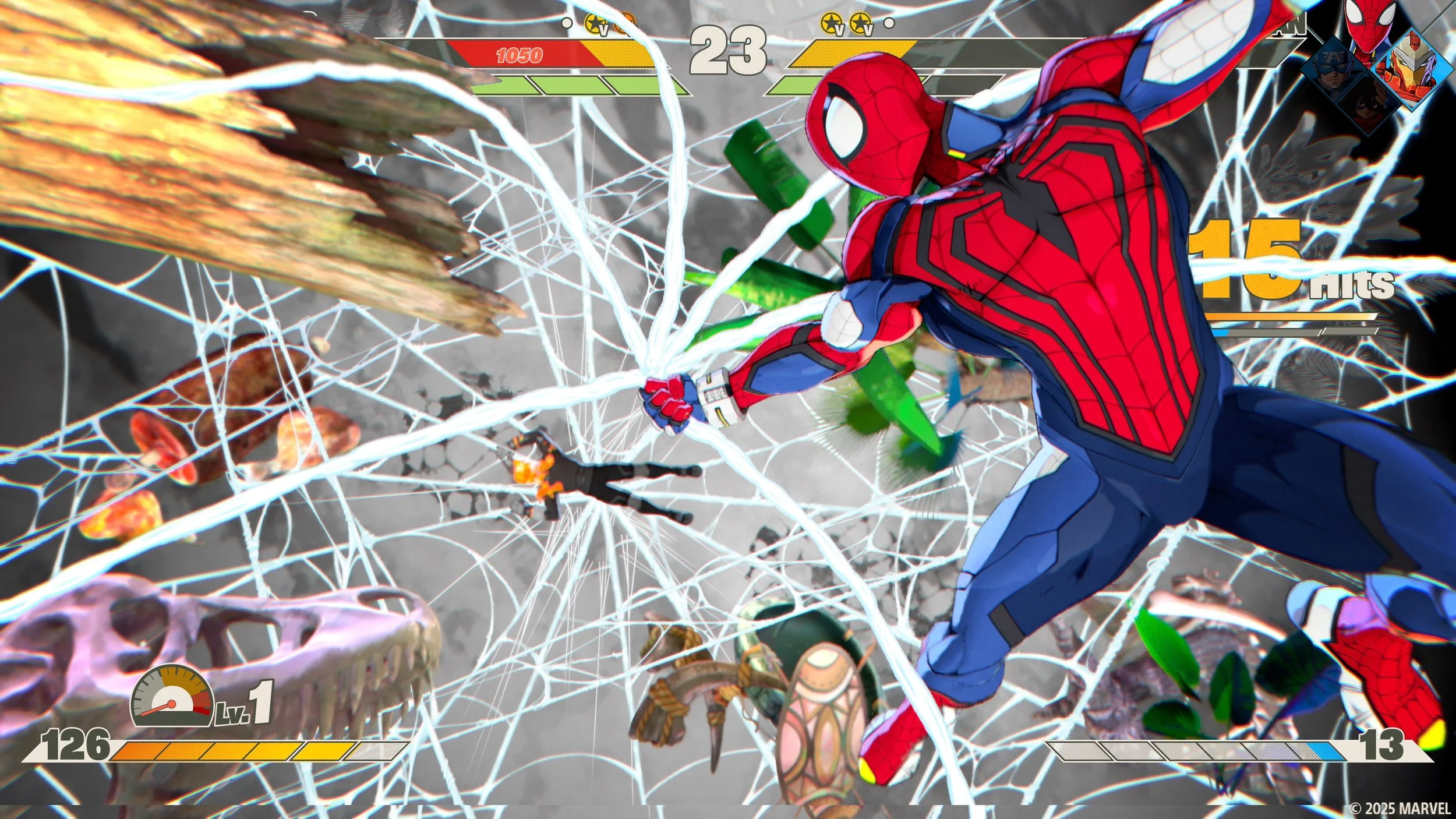

Solid Snake joins Rainbow Six: Siege as a full playable Operator in Operation Silent Hunt, featuring the Soliton Radar MKII, new abilities, and a Metal Gear Solid-themed event.